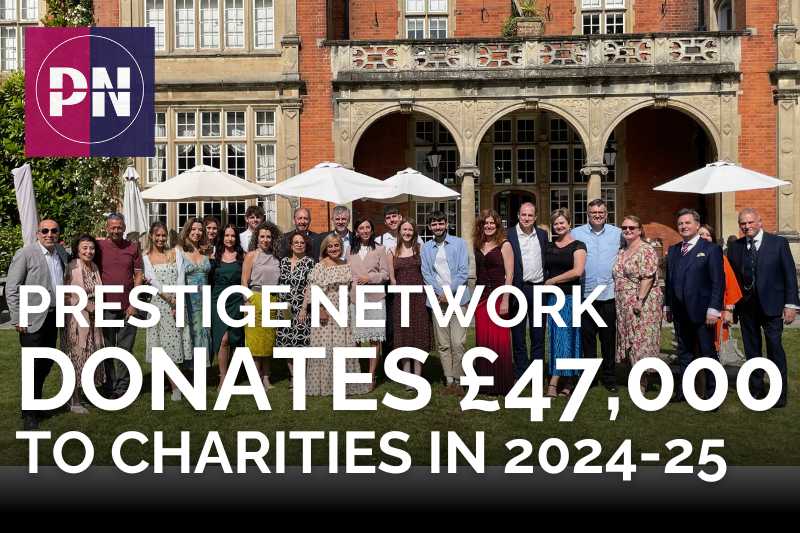Unlocking the True Meaning of Festivals
Festivals are more than just days of celebration. They are expressions of history, identity, and shared values passed down through generations. Whether it’s the joyful renewal of Nawruz, the family-centered festivities of Chinese New Year, or the spiritual devotion of Ramadan, these celebrations serve as pillars of cultural identity. However, while not all festivals are primarily verbal, can we truly understand and appreciate them without knowing the language that carries their essence?
Without language, these traditions risk becoming hollow performances: Visually captivating but devoid of deeper meaning. Language is not just a means of communication; it is the “key” that “unlocks” every festival’s emotional, cultural, and philosophical depths. As American writer Rita Mae Brown famously stated, “Language is the road map of a culture. It tells you where its people come from and where they are going”.
By utilizing meaningful tools of language communication—such as translation, interpretation, and sign language—we can bridge linguistic gaps and fully immerse ourselves in the diverse cultural traditions that shape our world. Without this effort, celebrations risk becoming mere displays of costumes, food, and performances, lacking the historical depth that gives them true significance.
Recently, at Prestige Network, we had the privilege of celebrating Chinese New Year, Ramadan, and Nawruz. Let’s take a deeper look at each of these important occasions, moving beyond simply wishing a prosperous year or honoring the ceremony. We’ll explore the cultural heritage, traditions, and the rich history behind these celebrations.

Festivals are deeply embedded in linguistic expressions—prayers, greetings, poetry, and storytelling — that have shared for centuries. Language does not merely accompany these traditions; it is the very foundation that gives them life and meaning. Without it, festivals lose their emotional and intellectual richness.
Nelson Mandela once said, “If you talk to a man in a language he understands, that goes to his head. If you talk to him in his language, that goes to his heart”. Therefore, festivals are not just observed: They are felt. Language enables this deep emotional connection, allowing participants to engage with the stories, values, and wisdom that define cultural heritage.
One of the most powerful ways language shapes festivals is through oral traditions. Across cultures, storytelling is a vital way of preserving history. In African cultures, for example, the griot—a traditional storyteller and historian—is responsible for revealing the narratives behind important festivals. In Japan, the Obon festival includes family stories about ancestors, ensuring that heritage is carried forward. Similarly, in Jewish Passover traditions, the Haggadah is read at the Seder table to recount the story of Exodus. Without understanding the language in which these stories are told, we lose access to the wisdom and meaning behind the rituals.

Nawruz, the Persian New Year, is a celebration of renewal, hope, and rebirth observed in Iran, Central Asia, and beyond. While the visual aspects—like springtime feasts and family gatherings—are important, the true spirit of Nawruz is carried through language. Persian poetry, particularly the works of Hafez, Rumi, Khayyam, and Ferdowsi, plays a central role in the celebration. Families engage in “Fal-e Hafez,” a divination practice where they randomly open a book of Hafez’s poetry to seek guidance for the new year.
These poetic verses are not just literary works, they embody the philosophical and spiritual themes of life, death, wisdom, and destiny. Understanding Persian enhances the experience, transforming what might seem like an old custom into a deeply personal and reflective moment. Proverbs associated with Nawruz, such as “A good year is seen from its spring” and “When the new arrives, connect it with the old,” emphasize the cyclical nature of life, hope for change, and the importance of preserving valued traditions. Without understanding these linguistic elements, Nawruz becomes a festival of aesthetics rather than a meaningful celebration.

Chinese New Year is another festival where language plays an essential role in shaping traditions. Many of the greetings and customs associated with the festival rely on wordplay and symbolism, which are difficult to grasp without knowledge of the Chinese language.
For example, the phrase “Gong Xi Fa Cai” (恭喜发财) is often mistranslated as “Happy New Year,” but its true meaning is “Wishing you prosperity.” This distinction is important because it reflects the cultural emphasis on wealth and success rather than just the passing of time. Similarly, “Nian Nian You Yu” (年年有余) means “May you have surplus every year,” but because “surplus” (余) sounds like “fish” (鱼), eating fish becomes a symbolic part of the celebration. Mind-blowing!
Even the practice of giving red envelopes (Hongbao) is tied to language. The amounts given avoid the number four (四, sì) because it sounds like “death” (死, sǐ) in Mandarin, while the number eight (八, bā) is preferred because it sounds like “prosperity” (發, fā). These traditions, when seen without linguistic context, might appear as superstitions, but they are deeply embedded in the cultural psyche.

Ramadan, honored by millions of Muslims worldwide, is a month of fasting, prayer, and spiritual reflection. However, it is also a festival where language is central to the experience. The Quran,
revealed in Classical Arabic, is recited daily during Ramadan, and while translations exist, many scholars argue that the original Arabic carries meanings and rhythms that cannot be fully replicated in another language.
The Arabic phrases exchanged during Ramadan—such as “Ramadan Mubarak” (Blessed Ramadan) and “Taqabbal Allahu minna wa minkum” (May Allah accept [good deeds] from us and from you)—carry spiritual significance that goes beyond mere greetings. For non-Arabic-speaking Muslims, learning Quranic Arabic enhances their connection to their faith, making Ramadan not just a time of fasting but a journey of linguistic and spiritual discovery.

One of the greatest threats to the depth of cultural festivals is the loss of heritage languages. When younger generations no longer speak or understand their ancestral languages, they risk losing not just words but entire traditions, values, and ways of seeing the world.
Literary critic and essayist George Steiner warns, “When a language dies, a way of understanding the world dies with it”. This is especially true for festivals, which mainly rely on linguistic traditions to carry on meaning. A Persian family celebrating Nawruz may follow traditions but miss out on the rich poetry and significance behind them. A Chinese-American family might decorate their home for Lunar New Year, yet without understanding the traditional passages, the deeper meaning is lost.
Language is the key that ensures traditions remain alive not just as customs but as experiences infused with meaning.

Language is not just a tool: It is the soul of a culture. If we truly want to understand and appreciate festivals, we must:
· Learn key words and phrases associated with the celebration and the culture.
· Engage with native speakers to understand traditions in their true context.
· Read translations of poetry, religious texts, and stories tied to the festival.
· Provide/use translation and interpretation services, if possible, to facilitate deeper understanding and accessibility.
By doing so, we transform festivals from mere spectacles into deeply enriching experiences. Festivals are not just about rituals and performances. They are about stories, emotions, and traditions carried through language. Only when we unlock this linguistic key can we truly celebrate it in its fullest and most immense sense.






